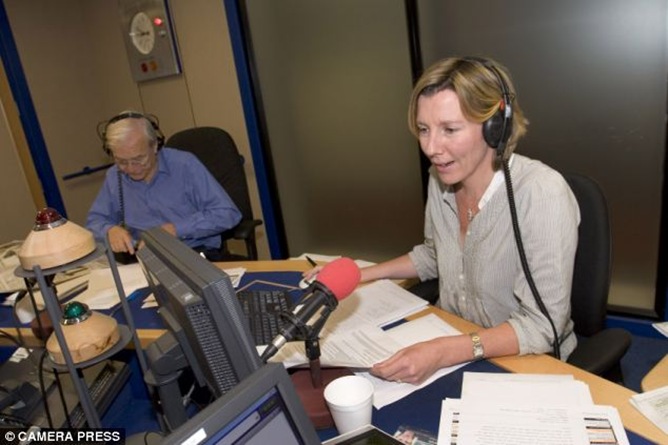Daily Mail
January 5, 2014

Listeners to BBC Radio 4’s flagship Today programme awoke to the news on November 5 last year that immigrants who had come to Britain since 2000 had made a ‘substantial’ contribution to the country’s public finances.
The findings of the study by University College London were also given huge coverage across the BBC’s TV bulletins and its website.
BBC News Online said the authors, Professor Christian Dustmann and Dr Tommaso Frattini, had found that, rather than being a ‘drain’ on the Exchequer, the contribution of immigrants had been ‘remarkably strong’.
Those from the European Economic Area (EEA) – the EU plus Norway, Iceland and Liechtenstein – were said to have made ‘a particularly positive contribution in the decade up to 2011, contributing 34 per cent more in taxes than they received in benefits’. Immigrants from outside the area, meanwhile, were reported as having contributed 2 per cent more in taxes than they received in the same period.
Ever since the UCL report’s publication, it has been treated as an article of faith by BBC presenters.
Not surprisingly, on Wednesday, as restrictions on Romanians and Bulgarians working in the UK were lifted, Today presenter Sarah Montague uncritically trotted out its findings to suggest the public had nothing to fear from the prospect of a significant new influx.
Yet, as the Mail reported yesterday significant questions are now being asked about the accuracy of the academics’ report, which other experts say contains ‘schoolboy errors’.
Mervyn Stone, Emeritus Professor of Statistics at UCL, and statistician Nigel Williams of the Right-leaning think-tank Civitas suggested yesterday it was a ‘fatally flawed’ piece of work.

The failings they identify are complex, and relate to the methodology used to work out the impact migrants are having on housing and the transport network.
But the main problem, say Professor Stone and Mr Williams, is that the researchers started with the assumption that immigration was positive for Britain. They then made a series of other assumptions to prove that this belief – almost as an article of faith for many at the BBC over the years – was correct.
As Professor Stone observed: ‘If any honest statistician had made the same painstaking but assumption-based calculations, the last word he/she would have used to describe the estimates is “precise” – unless exhaustion had affected judgment.
‘Most of the underlying crude assumptions that the all-embracing approach has been obliged to make have not been subject to sensitivity tests that might have been made if the study had not been so obviously driven to make the case it claims to have made.’
Mr Williams, meanwhile, says the authors have deliberately overstated the benefits of EEA immigration – a particularly crucial finding, given the current debate over benefit tourism and the lifting of restrictions on 29million citizens of Romania and Bulgaria.
The UCL report found that, over an 11-year period, EEA migrants had made a net contribution to the economy of £22billion.
But Mr Williams said this conclusion was ‘vulnerable’ to even a small change in the assumptions used by the report’s authors.
